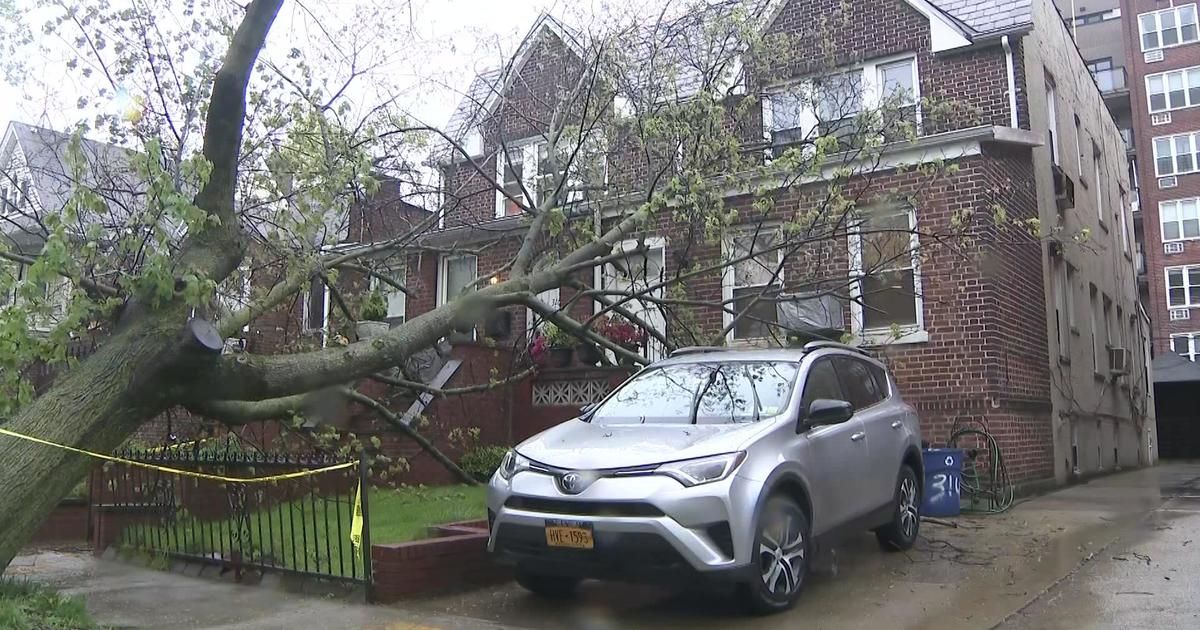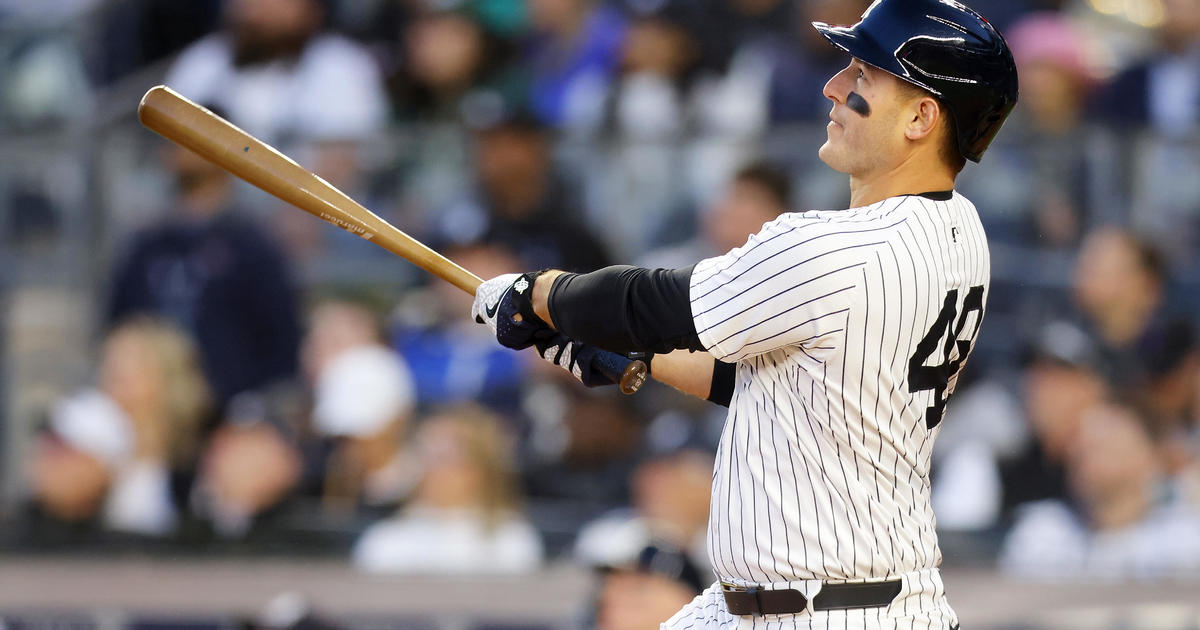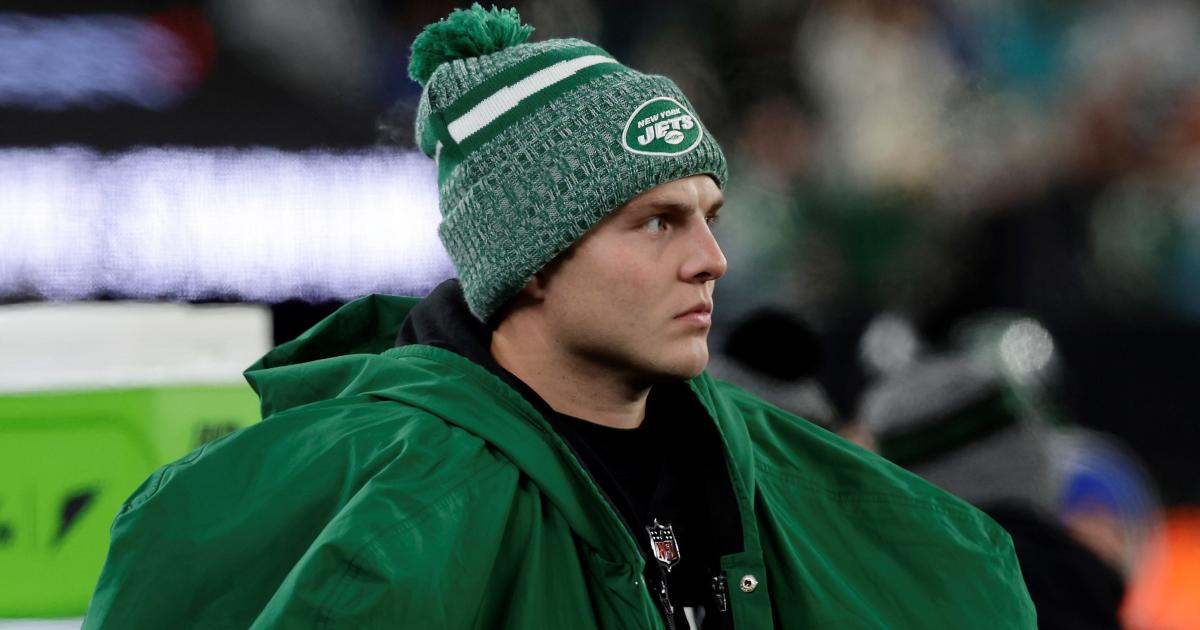Behind Cablevision-Fox Tiff, A Broader Strategy
NEW YORK (AP) — The contract dispute that has left 3 million Cablevision subscribers without Fox programming since the weekend may be just one move in a broader chess match between broadcast TV companies and subscription TV providers.
Industry experts say one reason Cablevision Systems Corp. is playing tough in negotiations is to draw action by federal regulators. Proposed rules backed by cable providers and some lawmakers could stop the broadcast companies that run Fox, NBC, ABC and CBS stations from pulling their channels during negotiations over the monthly fees a provider pays broadcasters to carry their channels on cable lineups.
RELATED: Francesa grills FOX President on Cablevision dispute
A ban on pulling channels would deprive networks and local station owners of their most powerful bargaining chip in their push for higher rates.
The stakes are growing for TV viewers, who have had to put up with an escalating number of blackouts over the past few years as broadcasters look to win a bigger source of income outside of advertising.
Fox, owned by Rupert Murdoch's News Corp., earlier threatened to pull signals in a similar dispute with Time Warner Cable Inc., a provider with almost 13 million customers in 28 states. That dispute ended without any blackout, but fees are typically renegotiated every few years. Fox and satellite provider Dish Network Corp. face a similar showdown this month as their current fee deal expires.
Fox and Cablevision said Tuesday they had not yet reached a deal, leaving customers without the stations for a fourth day.
The dispute with Cablevision began at midnight Friday when the company's contract with Fox expired. Channels including Fox 5 and My9 in New York and Fox29 in Philadelphia have gone dark for Cablevision customers since then. Viewers had to make alternative arrangements to watch the National League playoffs, the New York Giants football game and the hit show "House."
If the dispute continues to drag on, there's even an outside possibility Cablevision subscribers could miss the World Series games that Fox will begin broadcasting later this month.
Analysts don't believe the dispute will get that far, however, in part because Cablevision already knows that it will have to eventually bow out.
That's because what News Corp. risks by pulling its signal — the advertising dollars it earns at its local stations in the New York area — is just a fraction of the media empire's $30 billion or so in annual revenue. (Analysts say broadcasters don't typically guarantee a certain size audience to advertisers, but they do often end up compensating for lost viewers by discounting future commercial time.)
Cablevision, based in Bethpage, N.Y., is risking the ire of customers who pay their cable bill every month and expect the full lineup of channels. The company's shareholders keep a close eye on customer turnover as it competes with satellite TV providers and phone company video services such as FiOS TV from Verizon Communications Inc.
"On the surface, small Cablevision is no match for big Fox," Sanford Bernstein analyst Craig Moffett wrote in a recent report for investors.
But government intervention could level the playing field, "and that may be what Cablevision is playing for," he said.
In other words, if broadcast companies can't pull their signals, then Cablevision can negotiate without having to worry about angry customers.
Moffett suspects the same idea may have been behind a similar dispute Cablevision had with The Walt Disney's Co.'s ABC network in March, when a 20-hour blackout cut 15 minutes into the Oscars for New York area viewers.
Anthony DiClemente, an analyst with Barclays, also suggested that Cablevision could be looking to draw lawmakers into the process. "Regulators are on the side of the consumer, and if it becomes a consumer advocacy issue, that favors Cablevision," he said.
Clearly sensing that FCC intervention would give Cablevision the upper hand, Fox has resisted any outside interference with the talks.
Cablevision spokesman Charles Schueler declined to comment on the company's broader strategy but reiterated a request for arbitration, calling it the "fastest and fairest way to return Fox programming to Cablevision customers."
Whether or not Cablevision is deliberately using the dispute with Fox to draw lawmaker attention, this most recent fight has accomplished just that.
U.S. Sen. John Kerry, D-Mass., has pledged to introduce a bill to keep broadcast signals running while the FCC looks into the details of any future disputes. Both of New Jersey's U.S. senators and its governor have called for new rules regarding negotiations.
While the FCC is reviewing a petition from pay-TV providers for new government rules that would give them more clout in negotiations, the agency has not yet drafted any rules that would keep broadcasters from pulling their signals.
FCC Chairman Julius Genachowski said Tuesday that he has called executives at both companies to reiterate "the importance of reaching a deal" to avoid continued disruptions for consumers.
Copyright 2010 The Associated Press.



